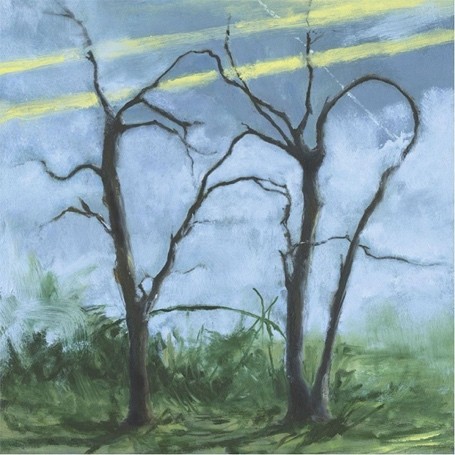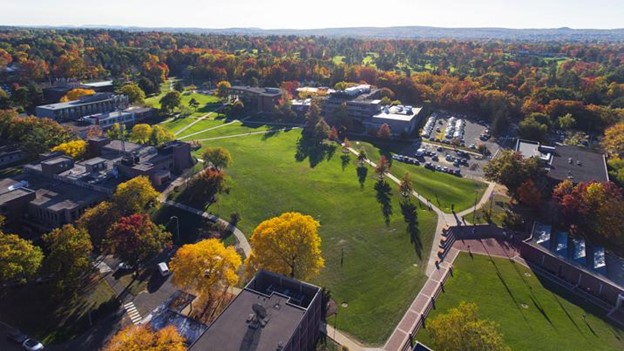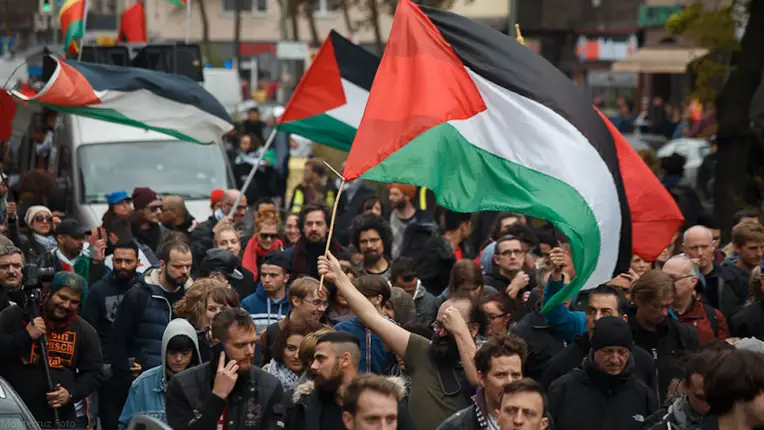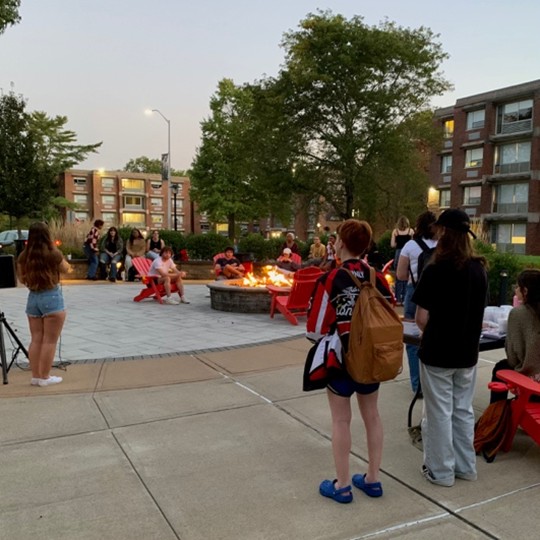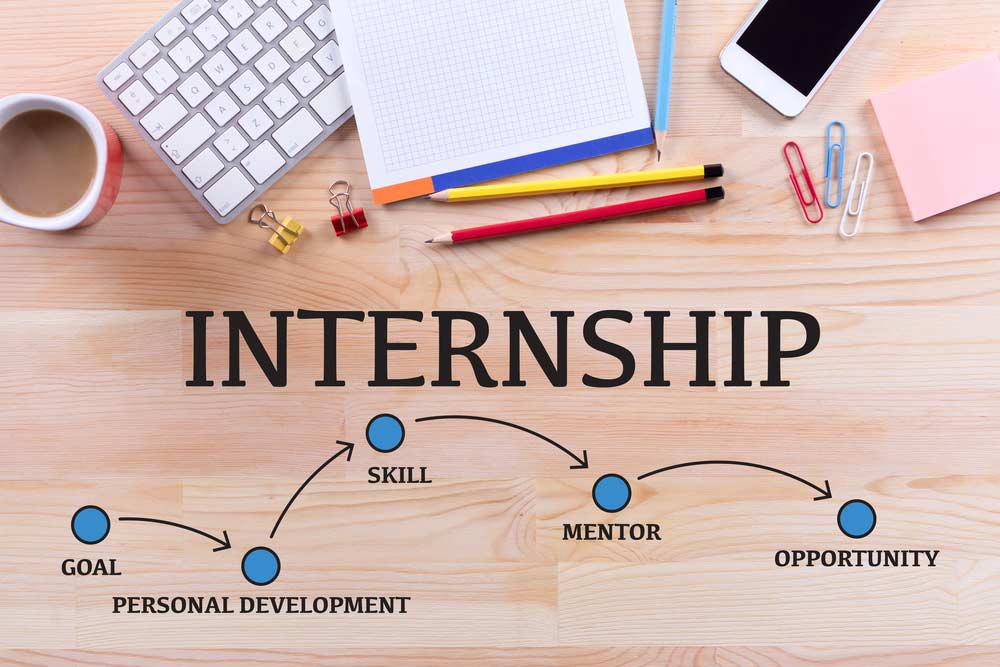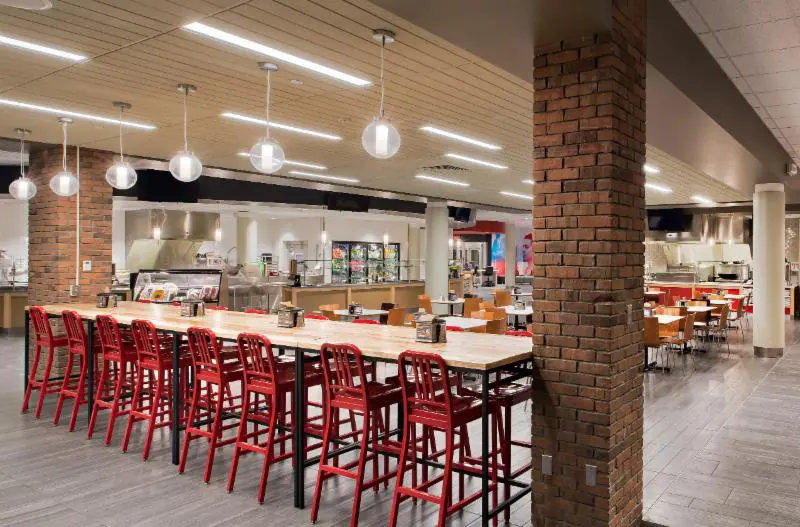Miami Beach Extends Area Curfews Through April 12th

Image Courtesy of Wall Street Journal
March 24, 2021
For many Americans, any specific week in March or April would be allotted for Spring Break. Because of this, Miami Beach has seen an influx of people spending time in or visiting the area.
The city has made over 1,000 arrests since February, about half of them involving out-of-state-residents, and the influx has led to increasing crowd-control issues, Miami Beach officials said.
Miami’s City Manager, Raul Anguila, said Florida’s relaxed COVID-19 rules have encouraged people from outside the state to visit. “This is a spring break like no other,” Aguila said.
The Miami Beach City Commission held an emergency meeting Sunday afternoon to discuss extended curfews and causeway closures as they try to get a handle on unruly crowds visiting the city during spring break. The commission decided unanimously that the curfew should be extended for the next three weekends and enforced Thursday through Sunday until at least April 12, which is the official end of spring break for most areas of the country.
The 8 p.m. to 6 a.m. curfew is for the area bounded by 5th Street on the south, 16th Street on the north, Pennsylvania Avenue on the west, and Ocean Drive on the east. However, other areas in Miami Beach are open for residents and visitors after the 8 p.m. curfew in the High Impact Zone, such as Lincoln Road, South of Fifth, Sunset Harbour, Collins Park, 41st Street, and North Beach.
On Saturday, police fired pepper balls into a crowd of people determined to stay out for the night, ignoring Miami’s state of emergency that imposed the curfew. According to Miami Beach’s police chief Richard Clements, this action was necessary, adding that his officers are overwhelmed.
“The curfew went well. We obviously, with the late notification, expected there to be some residuals or people who had not heard that the curfew was in place,” Clements said. “At 9 p.m. we started actively moving and people started going to their hotels and Airbnb’s.”
The crowds have spawned chaos and crime in some cases. Restaurants reported that diners were dashing out on paying their checks and an outside patio at one eatery was severely damaged. Some big businesses have voluntarily and temporarily shut down because of the chaos.
In recent weeks, officers have taken over streets and sidewalks, and officers have seized an “alarming” number of firearms from city-goers. “We’ve let our officers know that the frequency by which they’re encountering these weapons on the street is probably greater than we’ve seen in five years,” Clements said. Officers have also struggled to rein in large groups of people who have caused fights and stampedes.
“If you’re going to come down here and enjoy yourself, that’s fine. But if you’re going to push those limits and break those rules, we have an obligation to intervene and stop it,” Clements said.


